A heart transplant surgery brings about a positive change in your life, giving you a chance to start life anew. It will extend your life expectancy, increase energy levels, and offer you an overall better quality of life.
The initial months following heart transplant surgery may present some challenges that we will discuss, but it’s important to stay positive and focus on recovery. To ensure that you have a smooth recovery after a heart transplant, a team of specialists will closely monitor your progress.
In this guide, you will learn about the recovery and care procedure after heart transplant surgery from one of the most renowned cardiothoracic surgeon in India.
Maximize your chances of a successful recovery after heart transplant surgery with our expert care tips
A] Post-surgery Care at the Hospital
Under the guidance of medical professionals, you will learn several essential techniques that will aid in speed up your recovery after heart transplant. These include:
1. Endotracheal Tube
The endotracheal tube, also known as the breathing tube, is attached to a respirator that helps you breathe properly. During surgery, it is commonly inserted while the patient is under general anesthesia. While connected to it, the patient may experience temporary difficulty speaking or swallowing. An endotracheal tube is a crucial component of post heart transplant care and is removed once the patient is able to independently breathe.
2. Monitoring for Signs of Rejection
The immune system of a person’s body works day and night to protect against infection and foreign entities. If immunosuppressant medication is not taken as directed, the body’s immune cells may view the transplanted heart as foreign and try to reject them. Therefore, the transplant team constantly keeps an eye out for signs of rejection.
Listed below are few signs that they look out for:
- Pain in the abdominal area.
- Muscle aches.
- Mild fever.
- Nausea or decreased appetite.
- Feeling unwell.
3. Deep Breathing
After the endotracheal tube is removed, respiratory therapists will assist the patient in performing deep breathing exercises to help increase their lung capacity.
4. Coughing Exercises
After performing deep breathing exercises to expand the capacity of your lungs, medical specialists and nurses will assist you in performing various coughing exercises. These exercises are an important part of post heart transplant recovery, as they help to clear any secretions that may have accumulated in the lungs during the surgery.
5. Drainage Tubes
During heart surgery, drainage tubes may be used to remove any fluids that accumulate around the lungs and heart. Initially, the fluids coming out of these tubes may have a reddish color. But that’s no cause to worry. The drainage tubes will only be removed once all fluids have been fully drained.
6. Pain
After waking up from heart transplant surgery, you may experience some discomfort or pain. Medical professionals will provide appropriate medications to alleviate this pain. If these medications have an impact on breathing or blood pressure, the dosage may be adjusted to ensure the best possible outcome for you.
7. Change in Heart Rate
After a heart transplant, the new heart may beat at a faster rate than usual. In the beginning you’ll have to take things a bit slow, when transitioning from a lying or seated position to standing, it’s important to do so slowly to prevent feelings of dizziness. Additionally, before engaging in any form of exercise, it’s recommended to do light warm-up exercises first.
8. Get Insights into Educational Support from the Doctors
After being transferred to the recovery room for a period of 7-10 days, medical professionals will provide both health insights and educational support to ensure that you have the knowledge and tools once you’re done with the recovery process after the heart transplant.
B] Post-surgery Care at Home:
Following a successful heart transplant and completion of the initial stage of recovery, upon being discharged from the hospital and returning home, you will begin the next stage of the recovery process. In this stage, it is important to follow the post-surgery care tips provided by the medical team to ensure a smooth recovery at home. We have also listed some post-surgery care at home:
1. Diet
A good diet plays an important role in the healing process. While you would need a variety of healthy foods, you need to make sure they have low amounts of salt and fat. Don’t have any appetite?
To ensure a successful recovery after a heart transplant, it is important to follow the dietary guidelines provided by the medical team or reach out to the transplant team for personalized dietary recommendations.
2. Ensure the Incision is Clean and Dry
To minimize the risk of infection or complications, it is important to keep the incision clean and dry.
To achieve this, it is recommended to follow these tips:
- It is possible to take a shower once the incisions have begun to heal. However, it is recommended to keep the shower brief, no longer than 10 minutes, to avoid any potential complications.
- Use a gentle soap, and don’t rub the incision with washcloths.
- Never use any kind of ointments or lotions on the incision.
3. Protect Your Incision
For better care after the heart transplant and faster recovery, you must protect your incision from mishaps.
How To Protect Your Incision?
- You must not drive a vehicle for at least 6-8 weeks after the surgery.
- During the first six weeks after the heart transplant, don’t try to lift anything that is heavier than 10-20 pounds.
4. Take Medicines as Prescribed
To ensure the proper integration of the transplanted heart and prevent any potential medical issues, it is important to take the medications prescribed by medical experts for the duration of your life. To ensure optimal results, it is important to take the medications as directed and to consult with medical experts before making any adjustments.
5. Keep Your Environment Injury-free
In order to minimize the risk of injuries, it is recommended to make certain adjustments in your home environment.
Here are some measures you can take to avoid unwanted injuries and accidents:
- Make sure that your table’s corners aren’t too sharp.
- Keep the floor clean and ensure it’s not slippery.
- Travel through less populated or congested routes while you’re outside.
In short, keep your environment injury-free for long-term heart transplant care.
6. Keep in Touch with Your Doctor on Call
It is important to maintain regular communication with your doctor. In case of any signs of infection in the incision, unusual movement in the sternum or breast bones, or other complications, please reach out to your doctor promptly for further guidance.
7. Go for Regular Checkups
Regular check-ups are crucial for monitoring the status of your heart and overall health. These check-ups enable the medical professionals to detect any anomalies or complications early, enabling prompt and effective action to maintain your well-being.
C] Medicines to Avoid
Once you go through the heart transplant surgery, there are a few medicines you should avoid at all costs to prevent any health complications.
Listed below are some medicines that you need to avoid:
- Ibuprofen
- Naproxen
- Ketoprofen
- Celecoxib
Please avoid any medicines that are not a part of your medical prescription. If you are having health problems or fall sick, we recommend that you reach out to your doctor.
D] Risks of Infection
The body is susceptible to infections post-surgery, so it is better to educate yourself about the infection. This will help you self-diagnose the infection if it occurs and promptly reach out to your doctor with your concerns.
Listed below are some of the common risks of infections:
1. Bacterial Infection
Post heart transplant, a bacterial infection is a common occurrence, especially once you start taking immunosuppressant drugs. The immunosuppressant drugs are prescribed to keep your body from rejecting the new heart. These drugs can interfere with the functioning of a patient’s immune system. Regular visits to the doctor can help you get them treated with prescribed medications.
2. Viral Infection
Weakening immune systems can also lead to viral infections like CMV, herpes and hepatitis are usually the most common type of infections among patients within the first month of a heart transplant.
3. Fungal Infection
The patient might also become susceptible to some of the most common fungal infections seen among heart transplant patients such as candida, aspergillosis, and histoplasmosis.
4. Other Infections
Post-heart transplant, there is a possibility of contracting other types of infections such as tuberculosis and pneumocystis, so it’s important to be aware of the potential risks and take the necessary precautions to prevent them.
Maximize your chances of a successful recovery after heart transplant surgery with our expert care tips
E] Conclusion: Leading a Heart-friendly Life
Achieving a successful recovery post-heart transplant surgery is a multifaceted process that requires close monitoring, adherence to medical guidelines, and proper aftercare at home.
Regular check-ups, following prescribed dietary guidelines, and maintaining regular communication with medical professionals are essential for ensuring the proper integration of the transplanted heart and preventing any potential complications. It is also important to be aware of the potential risks and take the necessary precautions to prevent infections and other complications. With the right care and attention, patients can look forward to a healthy and fulfilling life post-surgery.
Are you researching the possible costs you may incur for such a surgery? Read our well curated and researched blog: Heart Transplant Surgery Cost in Mumbai
If you are looking to get in touch with a reputed heart transplant surgeon in Mumbai, feel free to contact us without any hesitation. We are dedicated to helping you get better.
Are you interested in learning more about living a healthy life after a heart surgery? Read about the do’s and don’ts of recovering from heart surgery in our blog: Do’s and Don’ts of Recovering from Heart Surgery.


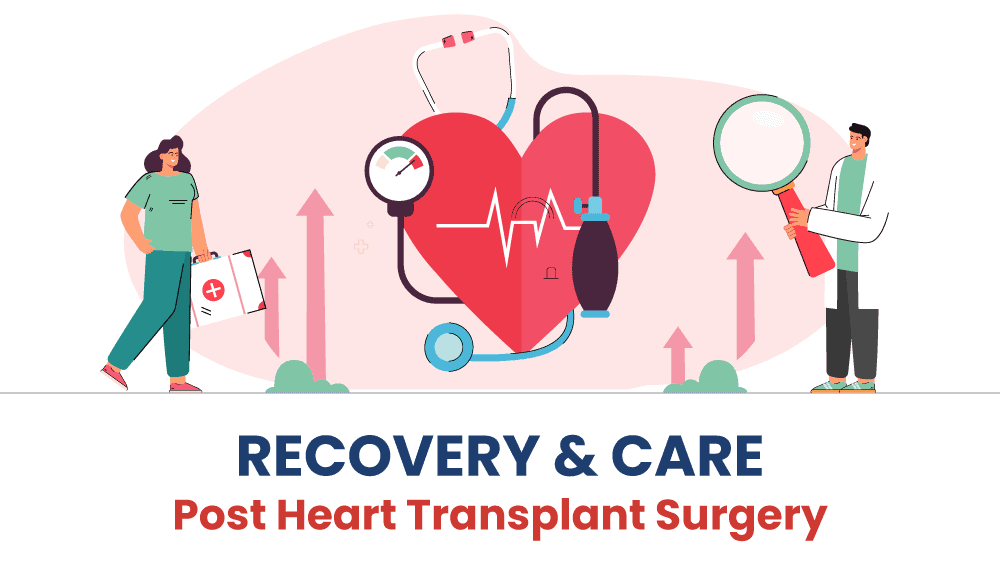
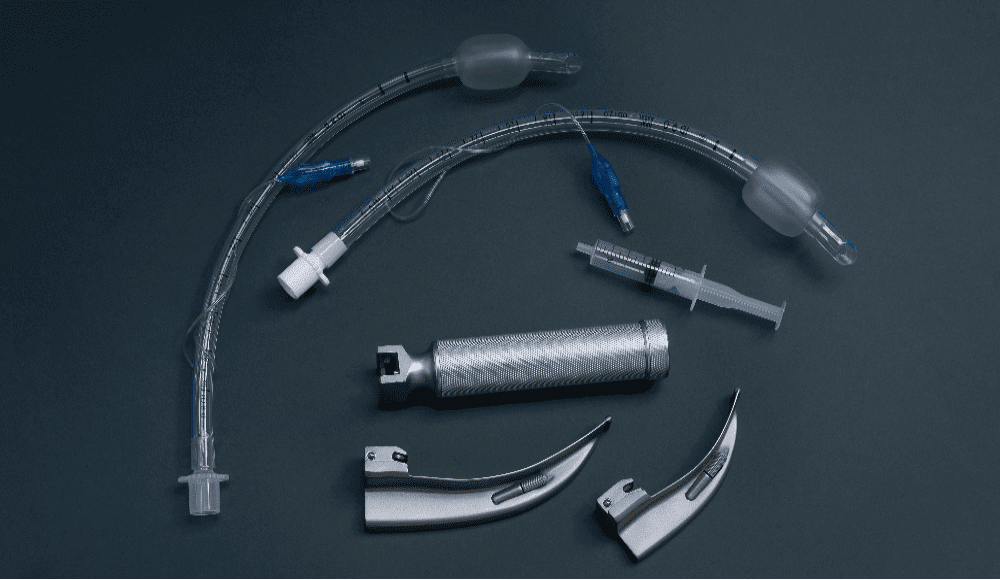



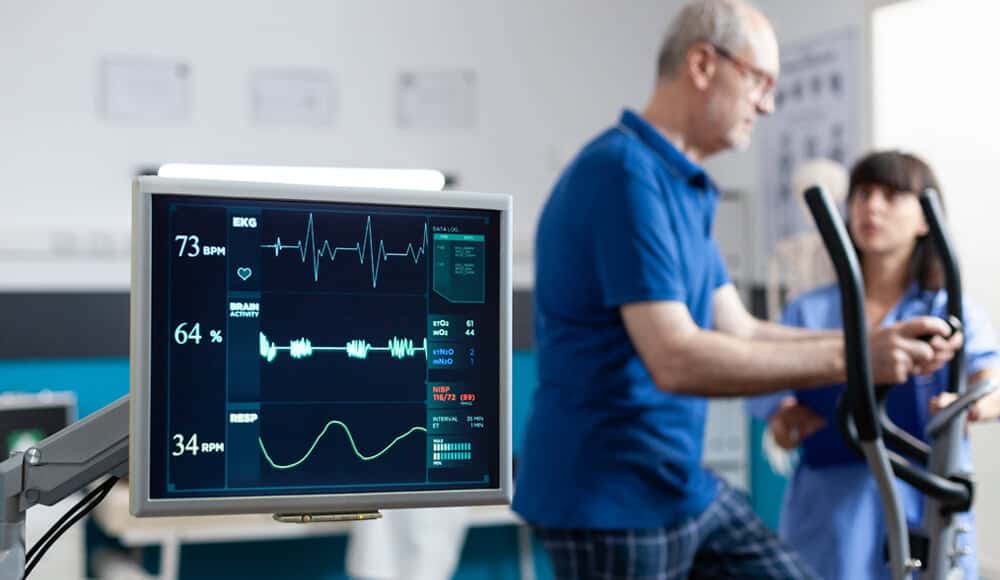
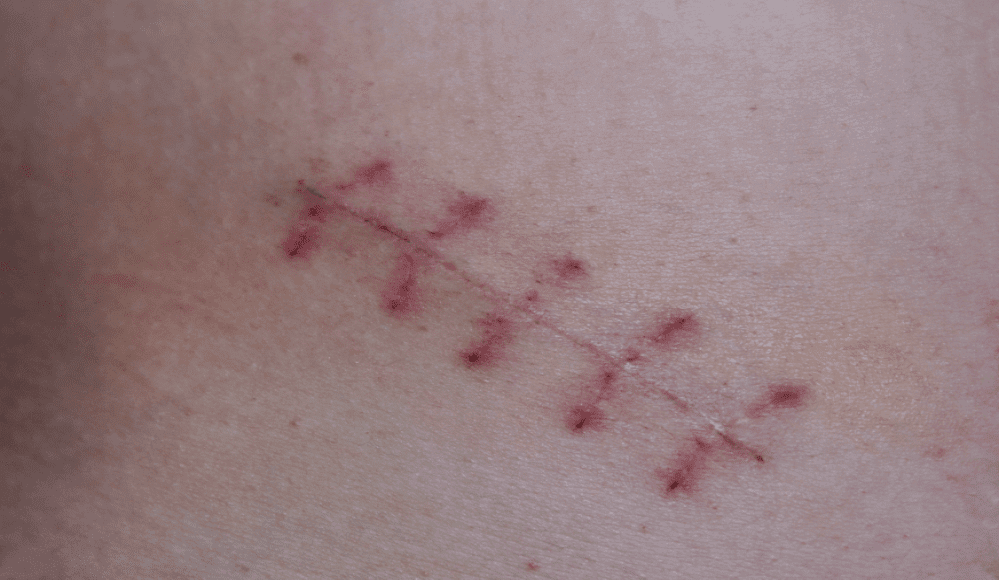
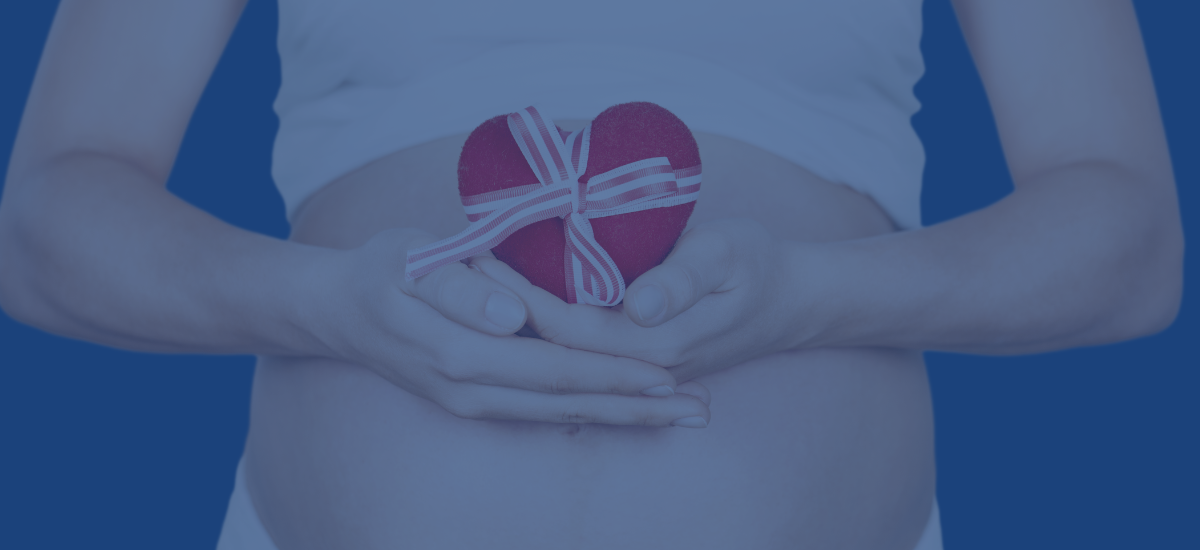
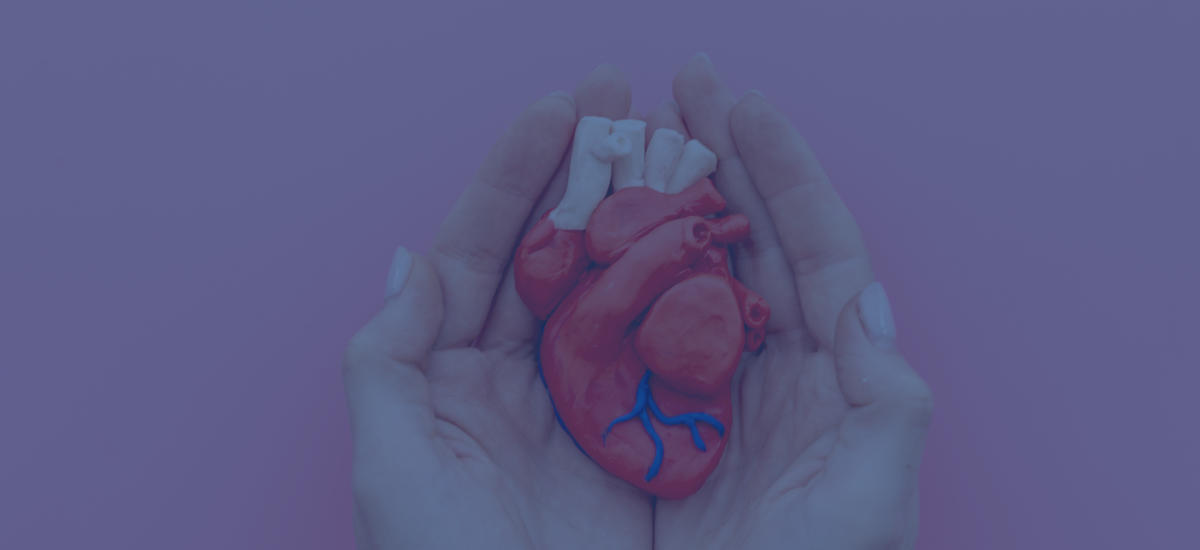
[…] post-heart transplant surgery guide can help to set you on a path of speedy […]